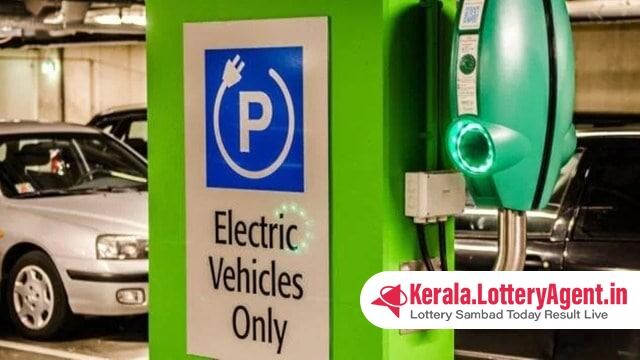
As the calendar turned to April, India found itself at the epicenter of a series of strategic alliances and substantial financial commitments, all converging on a singular goal: to reinforce the nation’s electric vehicle (EV) production and charging framework. These initiatives have been sparked by India’s increasing focus on EV incorporation and represent a critical phase in the country’s preparation for an expected boom in EV adoption over the forthcoming decade.
Charging Infrastructures Forge Ahead
A significant thrust towards building a comprehensive charging network took shape when MG Motor India struck a deal with Adani TotalEnergies E-Mobility Limited. The two companies signed a Memorandum of Understanding with a vision to set up direct current (DC) chargers at upcoming MG dealers. This partnership is a calculated effort to boost infrastructure for MG’s electric models. Similarly, a notable agreement was reached between Tata Passenger Electric Mobility Limited and Shell India Markets Private Limited to implement charging solutions in popular locations for the more than 140,000 Tata electric vehicles already navigating India’s highways and byways.
Such alliances between automotive manufacturers and major energy players highlight the urgent necessity to augment India’s public charging facilities. By February 2023, a stark disparity was evident as India had only 12,146 public EV charging stations to service the country’s approximately 3.3 million registered EVs. This translates to a vehicle-to-station ratio of around 270:1, in stark contrast to China’s markedly superior ratio of 7 EVs per charging station. With new EV registrations in India nearing 3 million in just the last two financial years, the need to enhance the charging network has grown acute. Range anxiety looms large as a deterrence to widespread EV uptake, and infrastructure investment is vital to alleviate these concerns. A Confederation of Indian Industry report forecasts the necessity for more than 1.3 million chargers by the year 2030 to meet the rising demand. Bridging this infrastructure chasm is seen as pivotal as India shifts gears towards more sustainable vehicular options.
Revving up EV Battery Production
Simultaneously, steps are being taken to localize the production of EV batteries, a move considered fundamental in accessing government-endorsed incentives and support for EV manufacturing. In a significant development, Exide Energy Solutions Limited—an offshoot of the Exide Industries Limited conglomerate—has aligned with automotive giants Hyundai Motor and Kia Corporation. This MoU will see the fabrication of lithium-iron-phosphate (LFP) cells for upcoming electric models of both automobile manufacturers in India. Notably, Exide, traditionally the premier lead-acid battery producer in India, expanded into lithium-ion technologies only the previous year.
The Exide-Hyundai-Kia alliance is poised to capitalize on Exide’s established proficiency in battery technologies, while also drawing on Hyundai-Kia’s prominent position within the global EV market.
In a move resonating with this sentiment, Indian Oil Corporation (IOC) has tapped into a partnership with Japanese electronics behemoth Panasonic. The objective is to produce cylindrical lithium-ion batteries to power electric two- and three-wheelers, and consumer electronic products. The partnership’s remit also includes the development of battery storage systems. This component is essential for the successful integration into power grids and to provide a solution to the intermittency and fluctuating nature of renewable energy sources.
Each of these orchestrated efforts points towards a burgeoning EV ecosystem in India, as corporate entities and government bodies alike converge on the shared purpose of propelling the country’s electric mobility landscape into the future. With strategic investments and collaborations such as these, India gears up to ride the next wave of electric revolution.












